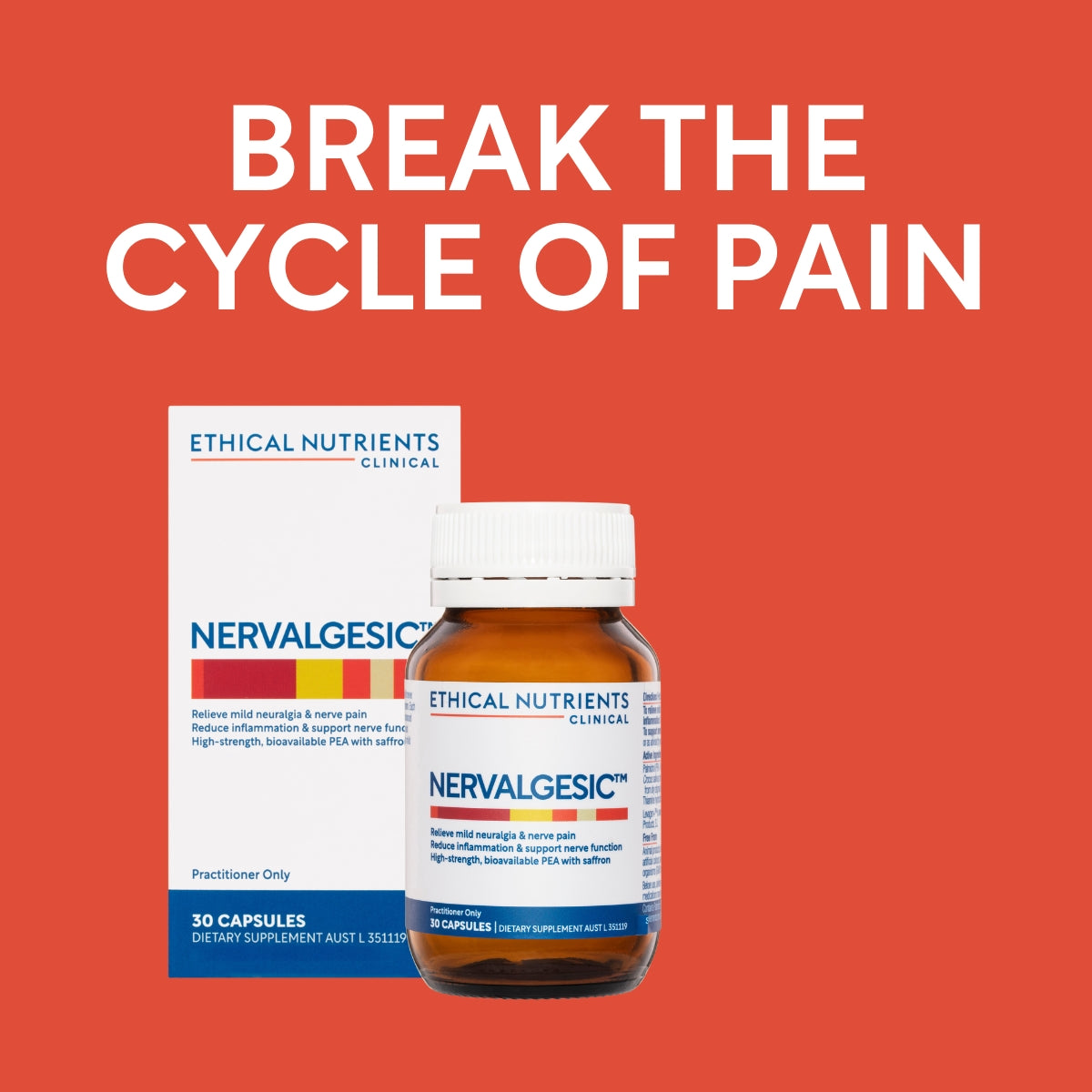If you have a toddler, pre-schooler or young primary school-aged child you’d be well aware of the often perpetual sickness that occurs. Just when they’re over one cough or sniffle, another dreaded symptom will pop up, sure to turn the daily routine upside down for the whole family. So why do kids seem to be continually sick and is there anything you can do to support their growing immune systems and improve their recovery?
Why do kids get sick so frequently?
The main reason young children develop illnesses more often is that they have immature immune systems and are constantly being exposed to new environments and germs that they’ve never encountered before. It takes time for your child’s body to build up their defences and immunity to these new pathogens. At childcare, kindergarten and school, germs spread more easily because kids are in close contact with many other children from different households. Plus, young kids usually have less than hygienic habits. They might not cover their hands when they cough or sneeze and often put their hands in their mouths and noses. It’s not uncommon for healthy preschool children to get at least 6 common colds a year1, in addition to all the other illnesses that circulate. Because they have no pre-existing immune protection from these bugs, their symptoms might also be more intense and take a longer time to resolve. In one evidence review, it took children an average of 25 days to recover from a mild cough and a startling 15 days to recover from a basic common cold.2 Furthermore, when your child is fighting one illness, they may be more susceptible to catching another illness that’s going around, making you wonder if they’ll ever be healthy again.
What can I do to build my child’s immune system?
It’s not possible to prevent all the colds and flus that go around, but there are five key vitamins and minerals that can build your child’s immune resilience and support their recovery when they’re feeling unwell.
Vitamin C
Vitamin C is well regarded for its role in supporting a healthy immune system. It helps white blood cells function more effectively, which detect and deal with infections.3 Vitamin C is also an antioxidant and can assist with minor wound healing. If vitamin C intake is insufficient, it can affect immunity and increase susceptibility to infection. To increase vitamin C intake through your kid’s diet, include foods like citrus (oranges, lemons, limes and mandarins), capsicum, kiwi fruit, strawberries, tomatoes, broccoli, cauliflower, papaya and snow peas. You might also consider a vitamin C supplement for kids to support immunity and lessen recovery time. Research has shown that vitamin C supplements can ward off mild upper respiratory tract infections like the common cold and minimise the duration and severity of symptoms, so they feel better sooner. Ethical Nutrients Extra C 1000mg powder may be suitable for children over the age of 2 to support immune health and assist in the management of colds. Consult your healthcare professional to determine the right dose for your child.
Zinc
Zinc plays a central role in the immune system. It’s crucial for the development and function of germ-fighting neutrophils and natural killer cells, supports the important skin barrier and has antioxidant effects.4 Being low in zinc can affect normal immune processes and slow down the activity of cells that protect the body from illness-causing germs. Food sources of zinc you could include in your child’s diet include fish, beef, chicken, pork, cashews, yoghurt, chickpeas, sunflower seeds, pumpkin seeds, almonds and cheddar cheese.5 You might also consider a zinc supplement. Ethical Nutrients Extra C Zingles has been meticulously crafted with low-acidity vitamin C and easily-absorbed zinc to provide daily support for the immune system and reduce the severity and duration of common cold symptoms. It’s suitable for children 5 years and over.
Beta-carotene
The body converts the important nutrient beta-carotene into vitamin A, which is needed for a strong immune system. Beta-carotene can be found in yellow and orange fruits and vegetables such as mango, sweet potato, pumpkin, carrot and rockmelon (cantaloupe) as well as spinach, broccoli and kale.6
Vitamin D
The “sunshine vitamin” is not only important for bone health but plays a critical role in immune system function. Vitamin D is best sourced from moderate sun exposure but if you live in a colder climate or can’t get sun exposure on a regular basis, look at increasing vitamin D intake through food and/or supplements. Food sources of vitamin D you could give your child include tuna, salmon, sardines, eggs and cereal, orange juice or milk/plant milk fortified with vitamin D.7
Iron
Iron plays a fundamental role in the normal development of the immune system. If iron intake is inadequate it can affect the body’s natural immune defences and make you more vulnerable to infection.8 Try incorporating a range of iron-rich foods in your child’s diet to support a healthy immune system, including beef, lamb, chicken, fish, eggs, lentils, chickpeas, broccoli, nuts and nut butters, raisins and dried apricots.
References
- Healthdirect, 2021, Coughs and colds in children, viewed 28 March 2023, <https://www.healthdirect.gov.au/coughs-and-colds-in-children>
- Thompson M et al, 2013, ‘Duration of symptoms of respiratory tract infections in children: systematic review’. BMJ, vol 347, p7027
- Carr A et al, 2017, ‘Vitamin C and immune function’, Nutrients, vol 9, no 11
- Shankar A, et al, 1998, ‘Zinc and immune function: the biological basis of altered resistance to infection’, Am J Clin Nutr, vol 68, no 2, pp447-463
- Higdon J 2019, Zinc, Linus Pauling Institute, viewed 28 March 2023, <https://lpi.oregonstate.edu/mic/minerals/zinc#food-sources>
- Higdon J, 2013, Vitamin A, Linus Pauling Institute, viewed 28 March 2023, <https://lpi.oregonstate.edu/mic/vitamins/vitamin-A>
- The Nutrition Source, 2022, Vitamin D, Harvard University, viewed 28 March 2023, <https://www.hsph.harvard.edu/nutritionsource/vitamin-d/>
- Soyano A et al, 1999, Gómez M. ‘Role of iron in immunity and its relation with infections’. Arch Latinoam Nutr, vol 49, no 3, pp40S-46S






